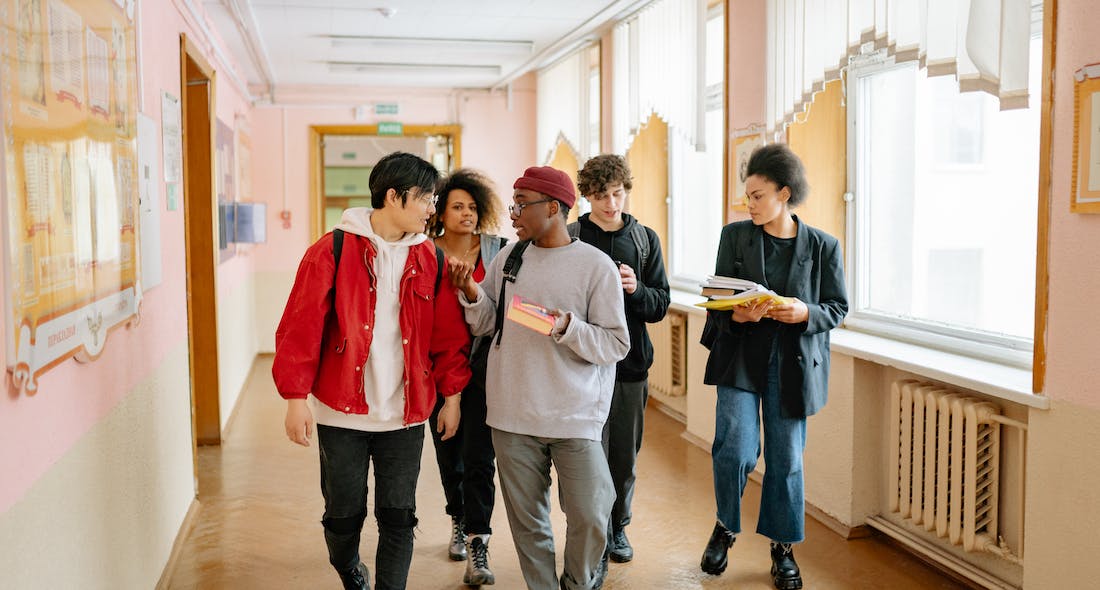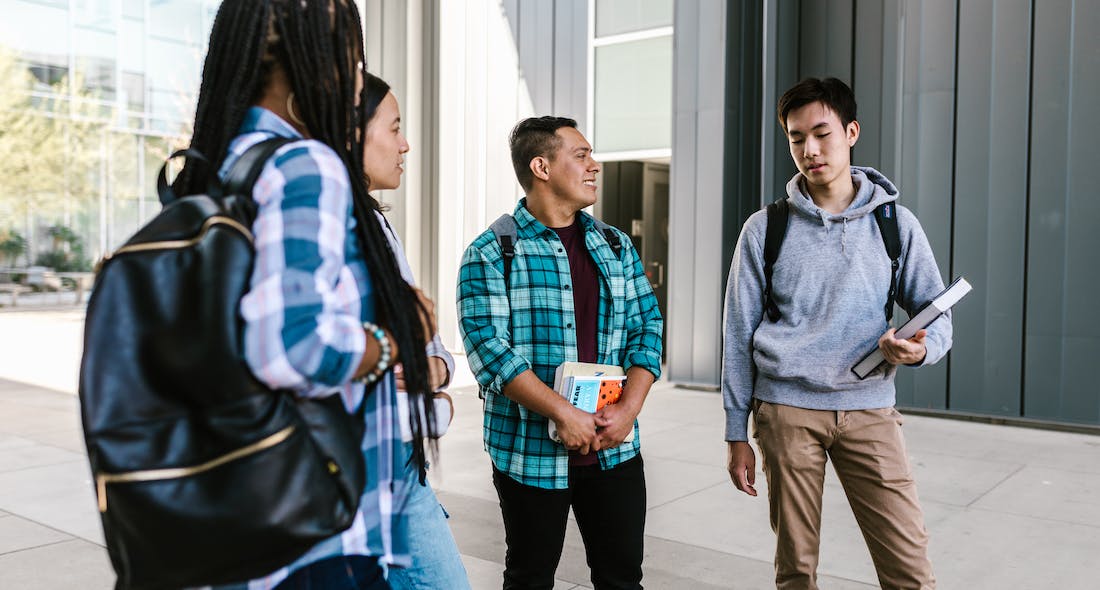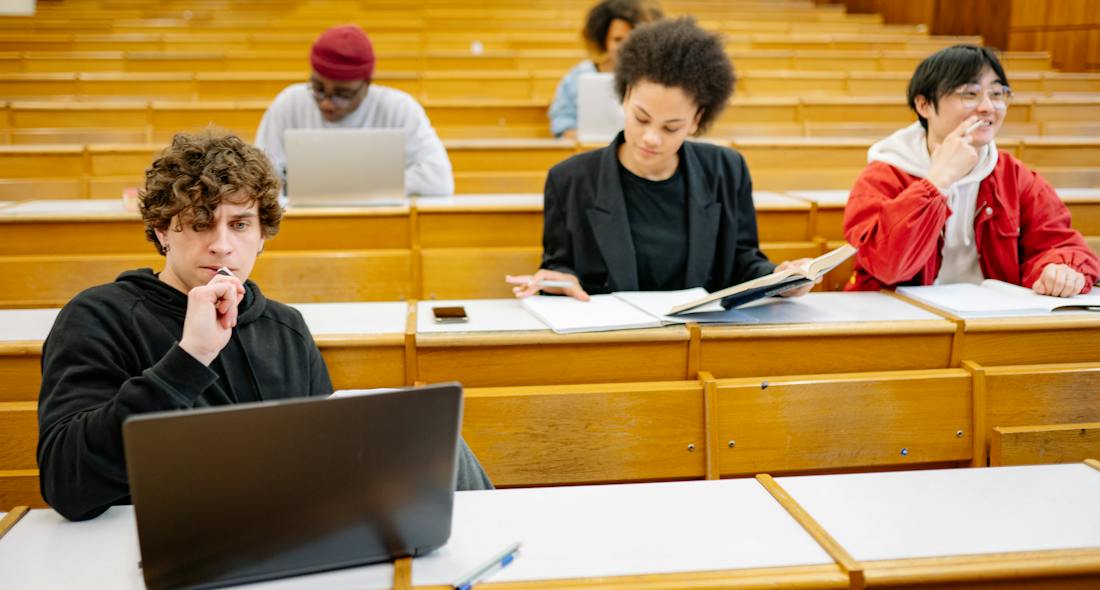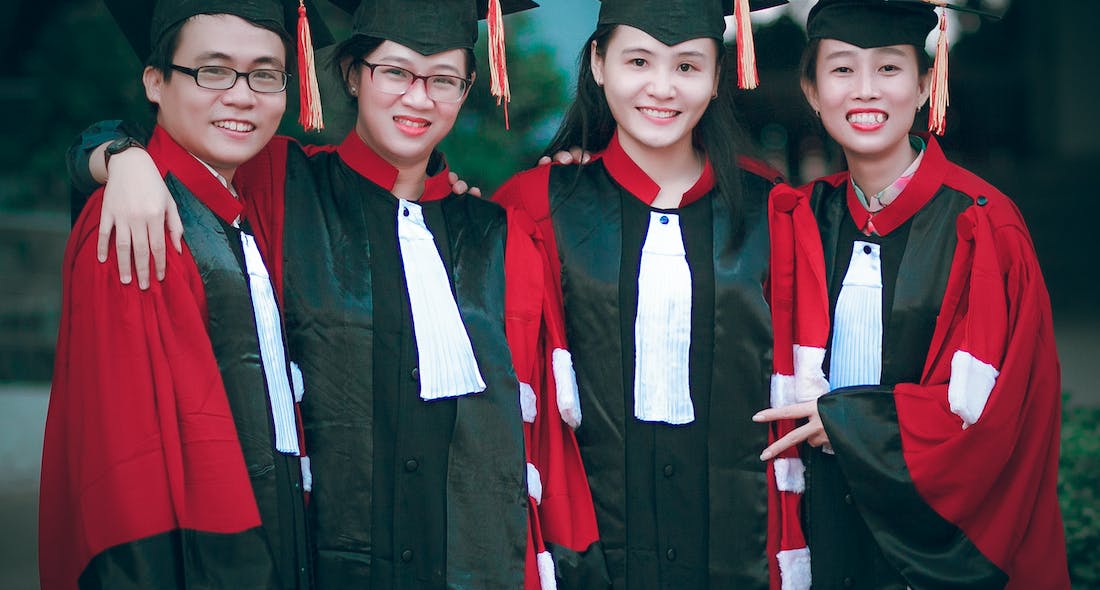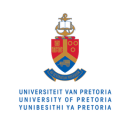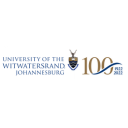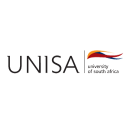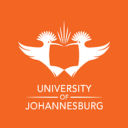Study in South Africa
Ultimate Guide for International Students
South Africa Overview
Rich History and Culture:
South Africa’s history is a tapestry of diverse cultures, shaped by indigenous communities, colonial influences, and the struggle against apartheid. The cultural heritage includes vibrant traditions, languages, and art forms. This unique blend contributes to the modern society’s multicultural identity, creating a welcoming environment for international students.
Geographical Diversity:
South Africa boasts unparalleled geographical diversity, from the iconic Table Mountain to the vast Kruger National Park. The country’s ecosystems range from arid deserts to lush forests, providing students with a stunning backdrop for their academic journey. The climate variation across regions impacts daily life, offering a dynamic and enriching experience.
Why South Africa is a Prime Destination for Education:
South Africa stands out as an educational hub with world-class universities and research institutions. The commitment to academic excellence, coupled with a diverse cultural landscape, makes it an ideal destination for international students seeking a holistic and globally recognized education.
Student Life and Living Conditions in South Africa
Cultural Integration and Social Life:
South Africa’s cultural nuances are a blend of traditions, languages, and customs. Participating in popular student activities, experiencing festivals, and immersing oneself in local life contribute to a holistic cultural integration.
Detailed Cost of Living Analysis:
- Accommodation: ZAR 4,000 – 12,000 per month.
- Food: ZAR 2,000 – 4,000 per month.
- Transportation: ZAR 500 – 1,500 per month.
- Healthcare: Covered by medical insurance for international students.
Support Services:
- Language Assistance: Language courses and language exchange programs.
- Mental Health Resources: University counseling services and community support.
- Legal Aid: Information and assistance for legal matters.
- Career Counseling: Guidance on career paths and job opportunities.
Details about Study in South Africa
Academic Excellence and Innovation:
South Africa’s higher education system is marked by academic excellence and innovation. Renowned universities such as the University of Cape Town and Stellenbosch University are at the forefront of cutting-edge research and technological advancements, offering a spectrum of courses for international students.
Global Student Community:
The multicultural environment in South Africa enriches the academic experience. Engaging with a global student community fosters a broader perspective, encouraging collaboration and understanding. Students become part of a vibrant and inclusive community, enhancing their personal and academic growth.
Scholarship and Financial Aid Options:
- National Research Foundation (NRF): Offers scholarships for postgraduate studies.
- African Pathway Research Bursary: Financial aid for research-related expenses.
- International Peace Research Institute: Scholarships for conflict resolution studies.
Can I study free in South Africa?
South Africa does not generally offer tuition-free studies for international students. However, there are various scholarships, grants, and financial aid options available to ease the financial burden.
Research Places in South Africa
Top Research Places:
- IT Students: Council for Scientific and Industrial Research (CSIR).
- Environmental Studies: South African National Biodiversity Institute (SANBI).
- Medical Research: Medical Research Council (MRC) of South Africa.
Applying for a Student Visa in South Africa
Step-by-Step Visa Application Guide:
- Acceptance to a South African institution.
- Complete the study permit application form.
- Provide required documentation (passport, proof of financial means, etc.).
- Pay the application fee.
- Attend a visa interview, if required.
- Wait for visa approval.
Visa Policies and Regulations:
- Duration: Aligned with the study period.
- Renewal: Apply for an extension before the permit expires.
- Embassies and Consulates: Contact the nearest South African embassy or consulate.
Work Opportunities for Students in South Africa
Working While Studying:
- Part-time work allowed during studies.
- Maximum 20 hours per week.
- Full-time work permitted during scheduled breaks.
Career Pathways Post-Graduation:
- Explore internship programs for practical experience.
- Networking opportunities through industry events and career fairs.
- Career prospects in fields like mining, tourism, and technology.

